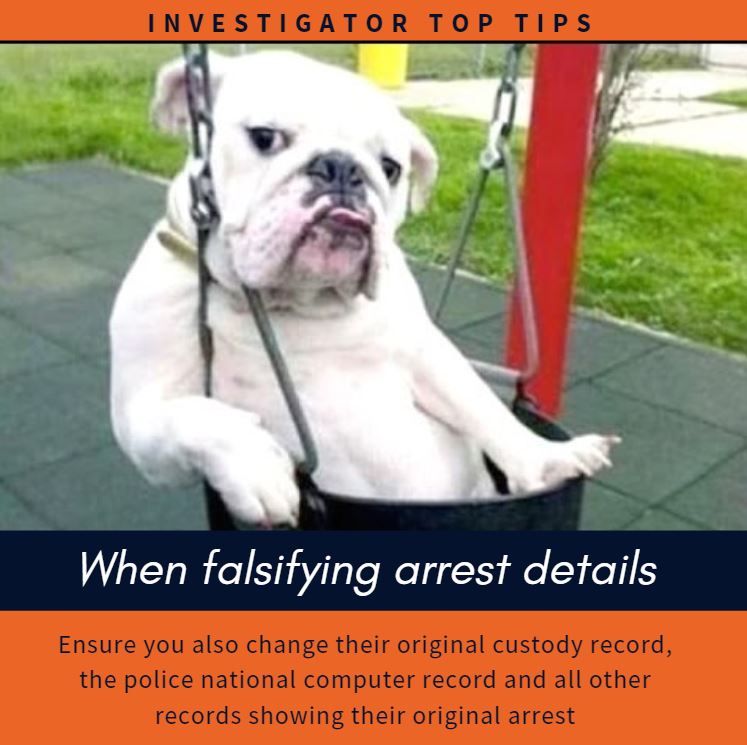However, the number of motivations for never telling that victims have to overcome are often unknown. Here are 12:
Nevertheless, we tend to be quick to question the motivations of victims and we are not so quick to consider the many strong motivations that exist for never telling.







